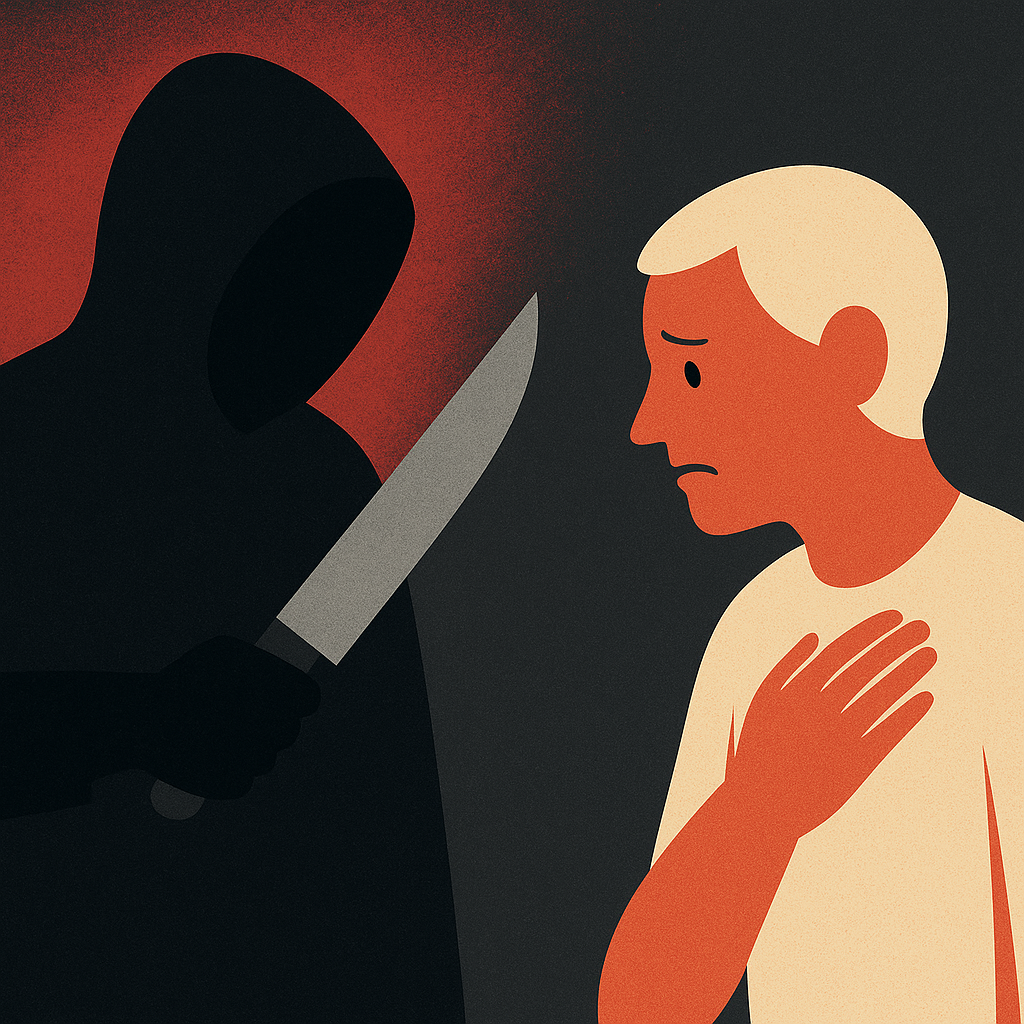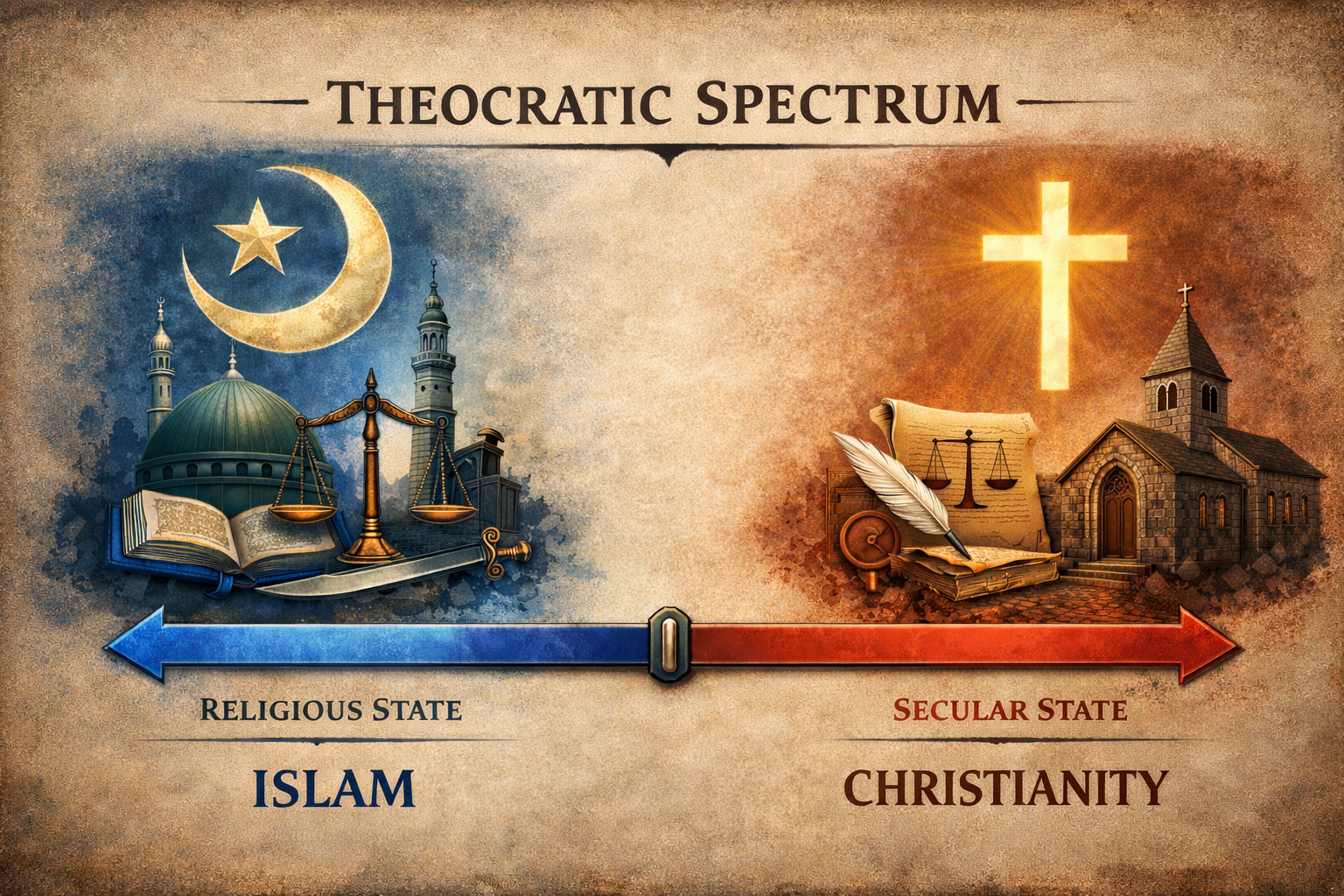Empathy is not a toy. It is not a parlor trick for online influencers or a slogan for social engineers. Empathy is the living bridge between self and other, the thread that binds society together. Properly directed, it strengthens families, inspires courage, and sustains the weary. Misused, it dissolves moral clarity and invites darkness into the human heart.
Empathy, at its core, is the ability to step into another’s inner world. It comes in three forms. Cognitive empathy allows us to grasp another’s thoughts and feelings. Emotional empathy lets us feel their joy or their grief as if it were our own. Compassionate empathy moves us to act on their behalf. This triad is the lifeblood of community. A nation without empathy collapses into cruelty; a nation with empathy misplaced collapses into chaos.
That is why it is lethally dangerous to demand empathy for the murderer, the criminal, or the assassin. The danger is not that we might understand their actions—it is that we might feel them, and in feeling them, begin to excuse them. Empathy is contagious. To “enter into” the world of the killer is to let his justifications ring in our own mind. To feel his anger or hunger for domination is to invite a piece of him into ourselves. This is not mere theory. History is littered with regimes that glamorized the assassin, the revolutionary with blood on his hands, the criminal cast as folk hero. Once the public was trained to empathize with the predator, the victims became invisible. Six million Jews lost their lives proving this point.
Sympathy is not the same as empathy. One may pity the broken life that led a man to crime. One may understand the poverty, the addiction, the abuse. That is sympathy, and sympathy does not corrupt judgment. But empathy is different. It is to feel the finger on the trigger, as if it were our hand. It is to echo his twisted heartbeat. It is to see the world through his rage. That is not safe. That is surrender.
The assassin wants you to believe he is misunderstood. The ideologue wants you to imagine his “cause” so vividly that his violence seems righteous. The criminal wants his theft to feel like justice. If we grant them our empathy, we make their case for them. And in doing so, we abandon the innocent. The murdered wife. The robbed storekeeper. The child shattered by violence. To empathize with the criminal is, by necessity, to withdraw empathy from his victims. Society cannot afford that trade.
The Founders understood this balance. Jefferson wrote of “a decent respect to the opinions of mankind,” but never respect for the tyrant’s motives. Washington knew the mind of his British opponents, but never surrendered to their view of the world. They practiced understanding without indulgence. America is not built on excusing evil but on resisting it. And just because someone says a person is evil doesn’t make it so. Edited snippets and out-of-context quotes can mislead millions into dehumanizing a person, as surely as an assassin’s bullet can rob a wife and two children of their husband and father.
Our culture today toys with empathy like a hall pass for sin. We are told to imagine ourselves in the place of the murderer, to walk a mile in the assassin’s shoes, to “understand” the criminal’s rage. That is poison. Empathy, properly aimed, is the bond of civilization. Empathy misdirected is the solvent of justice.
We must guard this bridge. Empathy belongs to the mother who toils unseen, the soldier who bears his scars, the worker who labors in silence, the widow who weeps in the night. These are the people whose inner worlds deserve our attention, our feeling, our action. Not the murderer. Not the thief. Not the man who trades blood for power.
The survival of liberty depends on moral clarity. To empathize with the assassin is to surrender the battlefield before the fight. To withhold empathy from evil is not cruelty—it is wisdom. Empathy must serve the good, or it becomes the tool of the wicked. That line is bright, and it must never be blurred.



